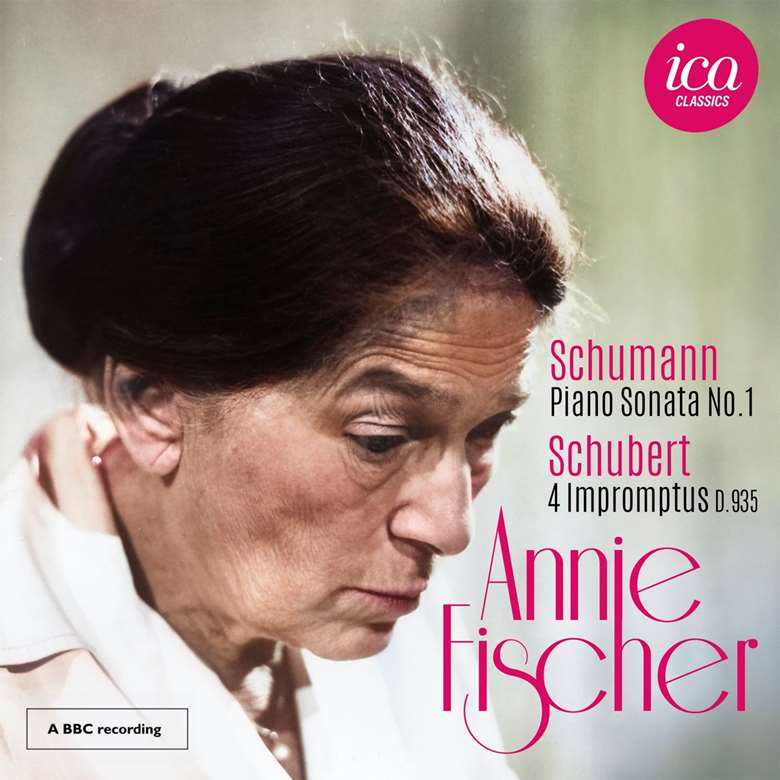Review - Schubert: Four Impromptus, D935; Schumann: Piano Sonata No 1, Op 11 (Annie Fischer)
Bryce Morrison
Friday, May 24, 2024
‘In Schumann, Fischer’s fierce integrity was balanced by an inimitable sense of the tender and wistful’

Register now to continue reading
This article is from International Piano. Register today to enjoy our dedicated coverage of the piano world, including:
- Free access to 3 subscriber-only articles per month
- Unlimited access to International Piano's news pages
- Monthly newsletter















